DABUS Again Denied in the US and the UK, Part II – the Split Decision in the UK
LexBlog IP
SEPTEMBER 30, 2021
While all three judges on the Court of Appeal agreed that an ‘inventor’ under the UK law must be a human being, the fact that DABUS is a machine was not immediately determinative of the outcome. Arnold LJ is the preeminent patent law specialist on the Court of Appeal. PDF 998kB] ).


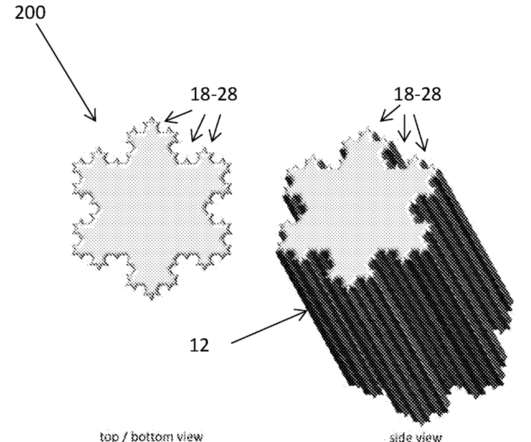
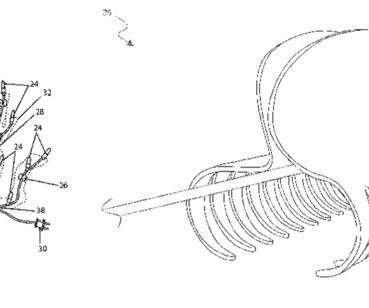

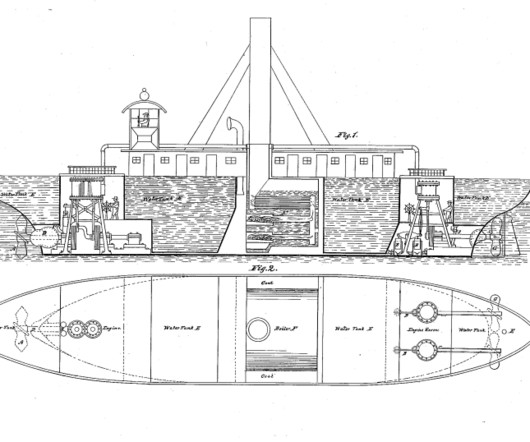
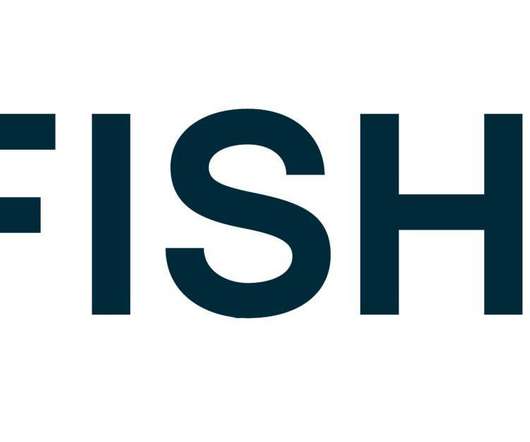
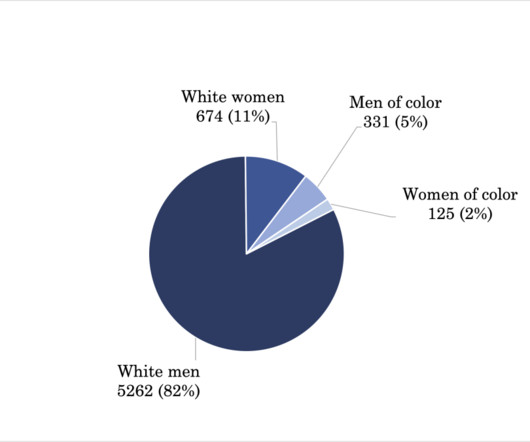
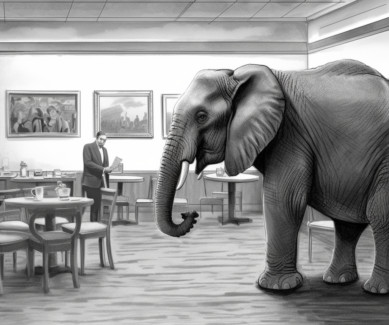

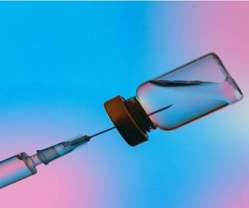
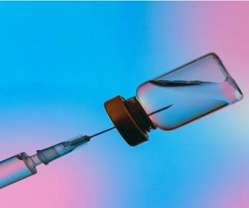








Let's personalize your content